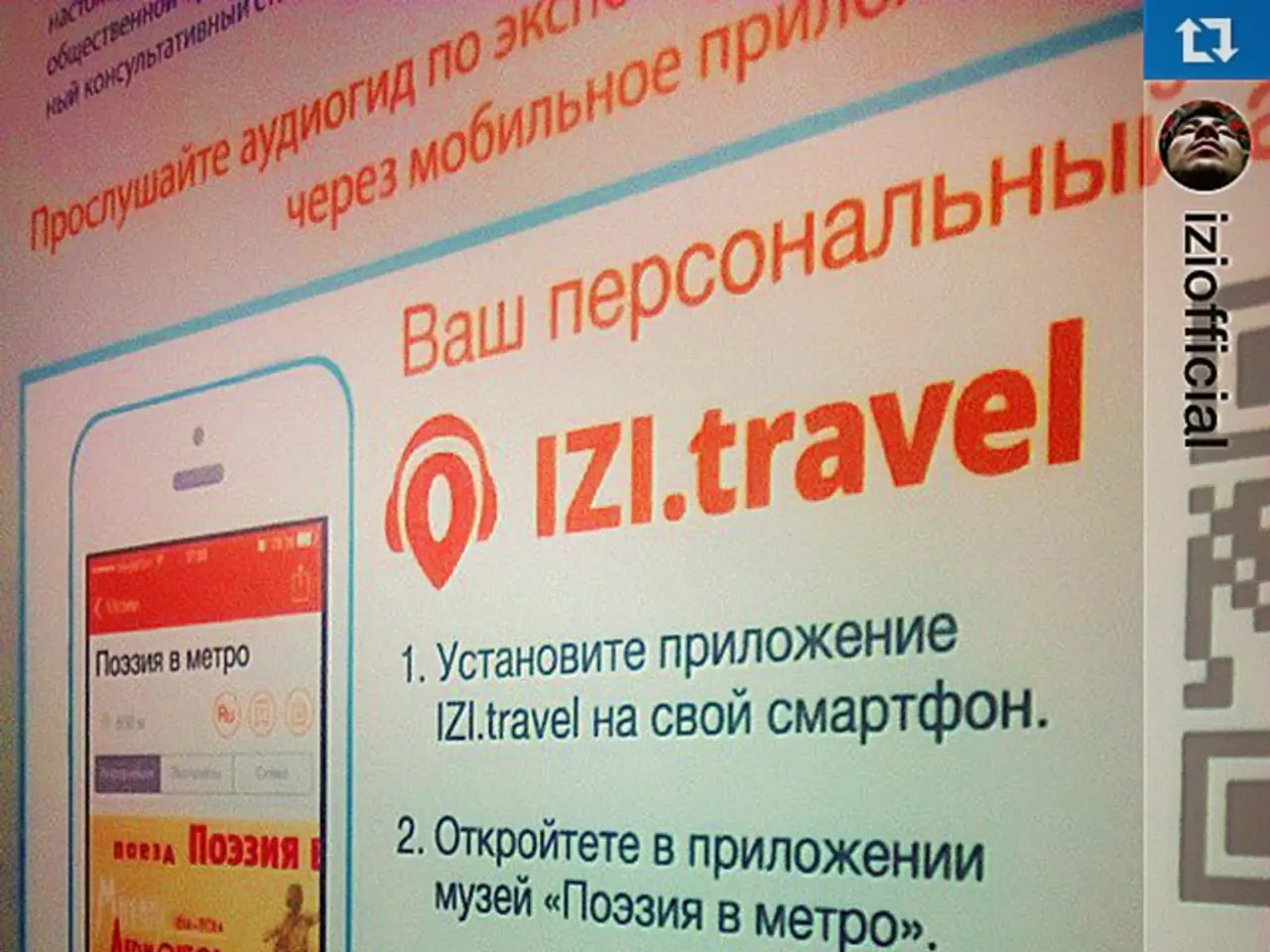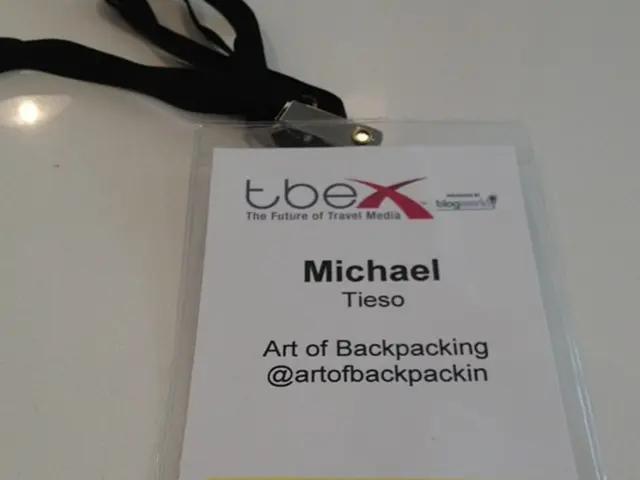Rapid Expansion and Job Creation in Select Advertising Agencies Amidst Advertising Industry Downsizing
Advertising Agencies Shift Gears in Response to Industry Trends
The advertising industry is undergoing significant changes as agencies adapt to new trends and challenges. Two major players, WPP and Interpublic Group, have implemented cost-cutting measures such as layoffs and reorganizations in response to the shifting landscape.
One of the key trends shaping the hiring of junior talent is the increasing reliance on AI and automation. AI-powered recruiting tools are becoming commonplace, streamlining the hiring process by sourcing, screening, and scheduling candidates. While these tools can analyse candidate profiles quickly and identify best fits based on skills, they do not replace the need for human judgment in assessing soft skills and cultural fit.
Another trend is the shift toward hiring more senior-level and hybrid-role talent. Many companies face difficulty competing for senior marketing roles such as VPs or directors due to limited openings and budget constraints. This has increased demand for "full-stack marketers" — professionals who combine strategic, creative, and analytical skills, capable of handling campaign planning, content development, digital platform management, and data analysis.
Recruitment teams are also focusing on quality applicants, adopting technologies to make application processes quick and appealing while maintaining high standards. Candidates prefer efficient, transparent applications, abandoning those that are lengthy or complex.
Growth in employee advocacy and authentic recruitment content is another trend. Employee-generated content such as testimonials and behind-the-scenes videos is increasingly leveraged to attract talent by showcasing authentic workplace culture, reflecting candidates’ growing desire for transparency and realism.
However, these trends also present challenges. Competition for experienced talent is fierce, with smaller and mid-sized agencies struggling to attract senior marketers due to fewer available senior roles and budget limits. This complicates the pipeline for junior hires who can mature into those roles.
Another challenge is adapting to skill-based rather than degree-based hiring. Emphasis is shifting to skills and practical experience over traditional degrees, requiring agencies to adjust hiring criteria and assessment methods. Demonstrating a growth mindset and ability to learn new technologies swiftly is highly valued, particularly for junior candidates.
Balancing AI efficiency with human judgment is another challenge. While AI tools improve process speed and candidate matching, overreliance risks missing important human factors, making it crucial for agencies to integrate AI as a complement rather than a replacement in hiring decisions.
Many agencies are responding to these trends and challenges by broadening their internship programs and recruitment pipelines to combat the lack of avenues for junior talent to break into the industry. For example, Cape Agency is in the early stages of establishing a formal internship program through university partnerships.
Agencies are also looking for employees with hybrid skills that can translate creative work across social platforms. Croud, a digital agency, has expanded its 12-week summer internship program globally, giving underrepresented, early-career talent experience and mentorship. Croud has also partnered with COOP, a fellowship program that supports first-generation college grads, to broaden its applicant pool.
In conclusion, advertising agencies must balance leveraging AI and automation to improve hiring efficiency with strategic efforts to attract and develop both junior and senior marketing talent suited for hybrid, digitally focused roles. They also need to focus on transparent, quality-driven recruitment processes and foster a workplace culture that junior talent finds attractive and growth-oriented. The reality remains that junior roles in the ad industry are shrinking, which could lead to a dried up talent pipeline in the future.
- To maintain a competitive edge in finance and business, advertising agencies are expanding their internship programs to attract junior talent, such as Cape Agency's partnership with universities.
- In response to the increasing reliance on technology in the advertising industry, agencies like Croud are offering internships globally, focusing on hybrid skills that can translate creative work across various social platforms.
- As the industry shifts towards skill-based hiring, agencies must balance the efficiency of AI tools with human judgment in assessing both hard and soft skills, ensuring a growth mindset and rapid learning of new technologies among their employees.




